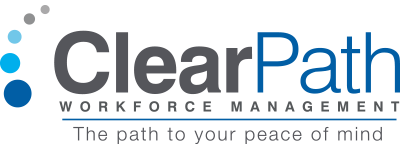Predictive employee scheduling laws, known by several different names including fair workweek, secure scheduling, and advanced scheduling, are being developed as part of a larger employee rights trend aimed at improving the work/life balance for hourly and part-time workers. Employers in certain areas and industries are or will be required to provide their employees with notice of their schedules; they will be subject to fines if they change employee schedules within the allotted timeframes.
On the Positive Side
With the unemployment rate at a record low, now more than ever companies are looking for ways to retain workers. One way to hold onto those workers that you may use for fluctuating staffing demands or “just-in-time scheduling” is to use predictive scheduling.
When companies don’t use predictive scheduling, the instability wreaks havoc on the lives of the lowest paid employees in the workforce. These are the people most likely to be living paycheck to paycheck while juggling two or more part-time jobs. Many argue that “un-predictive scheduling” practices are unethical and prohibit upward mobility for the least advantaged. If employees know their schedule in advance, they can make accommodations for childcare and be more reliable.
There are many advantages to predictive scheduling for the employer as well. The ability to provide flexible schedules can help improve employee retention. When a company posts schedules in advance, it can reduce shift coverage gaps. Fair scheduling can also reduce absenteeism.
Legislation in effect
Did you know that predictive scheduling laws are not just for the retail, hospitality, and food industries? Some state laws also affect other industries such as manufacturing and professional organizations.
The current state of predictive scheduling legislation includes most of the ordinances have already gone into effect. Some have provisions that will be phased in over time.
A list of the jurisdictions that have passed laws with scheduling implications is located here. It’s best if you check your state and local ordinances for specific information.
The Predictive Scheduling Matrix is for general information purposes only and does not provide an in-depth overview of the predictive scheduling and related laws. It should not be solely relied upon or substituted for legal or professional advice. Employment categories and circumstances, along with detailed provisions of these laws must be taken into consideration. Use of the information provided is at your own risk.
We keep up with all employment legislation, so you don’t have to. When ClearPath is your Employer of Record (EOR), we employ your W-2 contingent workers and take over Human Resources and Payroll functions. We manage all paperwork, including employment agreements, worker eligibility, and statutory enrollment documents.
Contact us to learn more about how our expert personalized service can let you get back to focusing on your business goals. Work with a leader in the industry for outsourced Human Resources and Payroll functions associated with W-2 contingent workers. Get the benefits of hiring contingent workers without the potential risks. Let ClearPath be the path to your peace of mind.
- Written by: Connie Wendt
- Posted on: November 13, 2018
- Tags: ADAVANCE SCHEDULING, EMPLOYER OF RECORD SERVICE, ENGAGING W-2 WORKERS, FAIR WORKWEEK, INDEPENDENT CONTRACTOR COMPLIANCE, PREDICTIVE SCHEDULING, SECURE SCHEDULING, Workforce Classification

